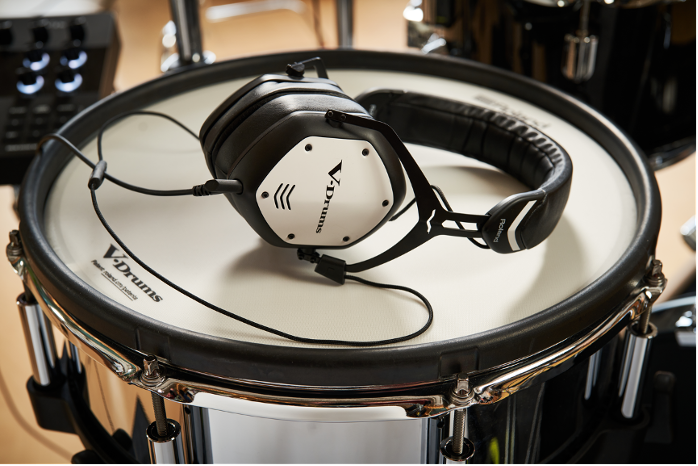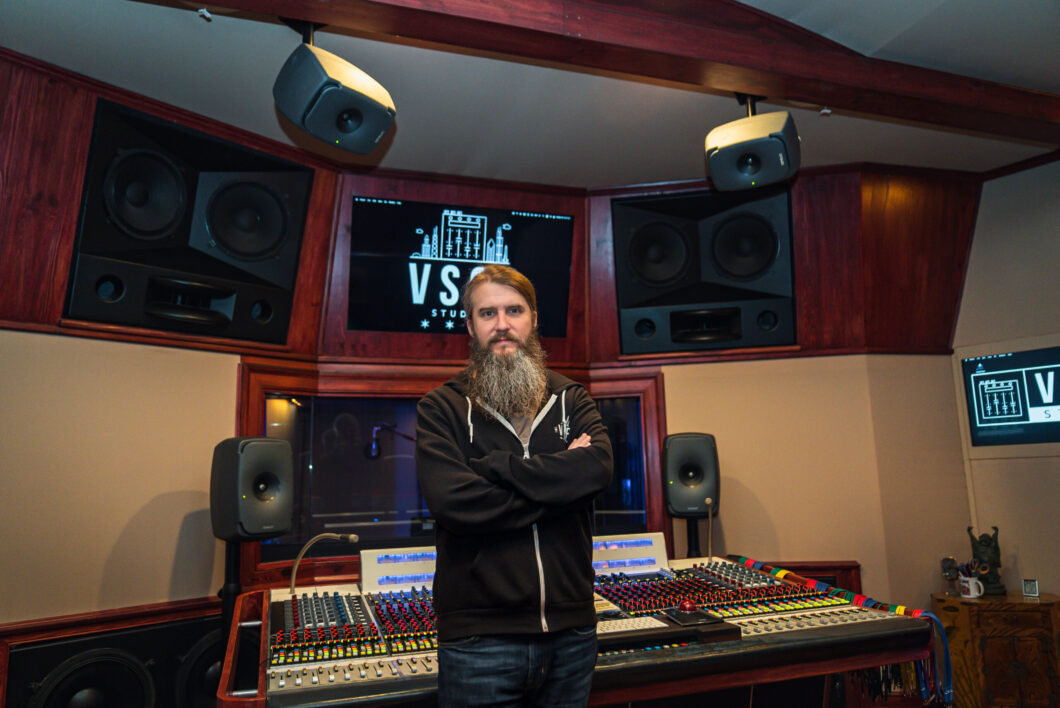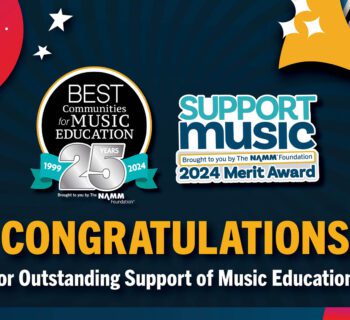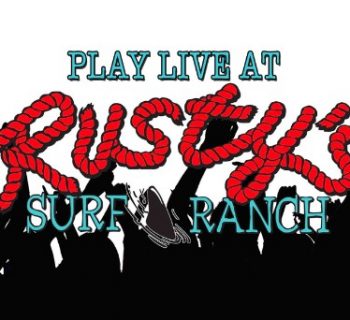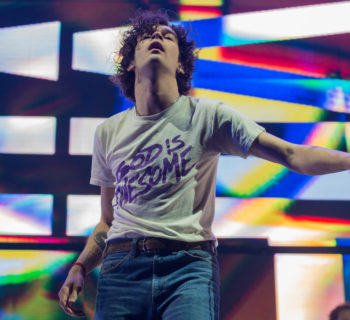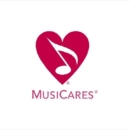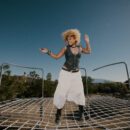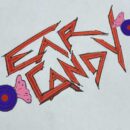Does having a higher education degree give artists an advantage in their respective industries, or does it no longer matter?
Artists with higher education often have a wealth of knowledge, skills, and resources at their disposal. However, in the highly competitive world of the arts, having a degree or advanced training is no longer enough to guarantee success. To stand out, a growing number of artists are turning to the DIY movement. This means taking control of their careers by building their brand, producing and selling their work, and independently pursuing new opportunities. Without relying on traditional channels such as record labels, publishers, and agents, it has become easier for DIY artists to reach their audiences and monetize their work.
The value of the DIY hustle lies in its ability to give artists complete control over their careers. By building a personal brand, artists can define their own image, showcase their work, and connect with potential customers and collaborators. They can also use social media and other online platforms to reach a global audience, breaking down traditional barriers and giving them a wider range of opportunities.
Moreover, and often most importantly, DIY allows artists to control the potential landscape of financial success. By creating and selling their work directly to consumers, artists can retain a larger portion of their earnings and avoid the often unfair commissions of intermediaries. This also gives them greater control over the prices they charge for their work and the audience they target, both of which are essential for a successful career. Without anyone dictating their creative direction or choices, artists have the liberty to experiment and take risks. They can take bold steps, push boundaries, and explore innovative ideas. This not only enhances their artistic abilities, but it also attracts the attention of new audiences and helps to build a stronger reputation in the industry.
In recent years, the music industry has witnessed a significant shift toward DIY artists, as consumers have become increasingly interested in discovering new and distinctive talent. This has resulted in the development of numerous Social Media platforms that enable artists to exhibit their work and cultivate a fan base. These platforms have also made it easier for DIY artists to monetize their work through merchandise sales, crowdfunding, and direct-to-consumer sales.
However, artists' success does not come without obstacles. DIY artists face difficulties with marketing and promotion due to their lack of knowledge, resources and networks. Since DIY artists are accountable for all aspects of their work, from creation to distribution, it’s important that they have a solid grasp or at least an understanding of the industry's business side. This is where higher education does present an opportunity for more insight into good business practices and potential financial growth. By coupling together education and DIY practices artists can develop essential business skills that foster self-sufficiency. By handling all aspects of their careers, they learn how to manage their finances, market themselves effectively, and negotiate deals. This not only gives them an advantage in the arts industry, but also prepares them for success in other aspects of their lives.
In order to succeed in these industries, artists must be willing to invest time and resources into their careers. This may involve honing their skills, establishing a solid online presence, and building a network of supporters. Being proactive in their approach by seeking out collaborations and performances are essential to growing a brand and capitalizing on more beneficial opportunities and bigger exposure.
Despite these obstacles, the future of the industry for DIY artists appears promising. With the continued growth of digital distribution and the increasing number of available platforms for artists to showcase their work, the opportunities for independent artists are virtually limitless. In addition, the rise of independent music has spawned a thriving music community in which artists can connect, collaborate, support one another, and advance their careers together.
However, as the trend toward independent creation continues to grow, we see the industry changing constantly and almost overnight. This begs the question, what does the future hold for artists, and will having knowledge and skills learned over years and in higher education institutions even matter anymore?
Enter, AI. It is uncertain how the future of AI in music and art will affect the role of traditional artists, but it is anticipated that it will bring new opportunities for creation and production. Some AI systems are already capable of generating music, but human creativity and emotional expression are still considered valuable in music. It is likely that AI and human artists will complement each other in the future, with AI assisting in some aspects of production and humans contributing their unique touch in areas such as performance and composition. It will be interesting to observe how artists adapt and incorporate these new tools into their work as the influence of AI on the music industry likely continues to evolve.
In conclusion, The DIY hustle is a valuable strategy for artists, and with the implementation of a Higher Education degree, artists can capitalize on their artistic independence with a better understanding of good business and marketing strategies needed to capitalize on opportunities. The DIY hustle has never been more relevant or accessible to artists, given the rise of digital technology and the shifting landscape of the arts industry. Embracing the DIY hustle is an investment in your future that is certain to pay off, whether you are just starting out or seeking to advance in your career. – Jonathan Ullman
<minibio>JONATHAN ULMAN is an internationally recognized Session Drummer/ Percussionist, Music Producer, Clinician and Public Speaker from Boston, MA. He has been crowned “Session Musician of the Year” an unprecedented six times (2016-2022) by the Boston Music Awards, as well as nominated for “Best New Drummer 2016” by Rhythm Magazine (UK). Ulman has been recording and touring with artists around the world for more than 20 years. Most recently he was invited to be the guest drummer on Late Night with Seth Meyers in the summer of 2022, and also works at Berklee College of Music in the Percussion Department. Contact sam@bigpicturemediaonline.com

